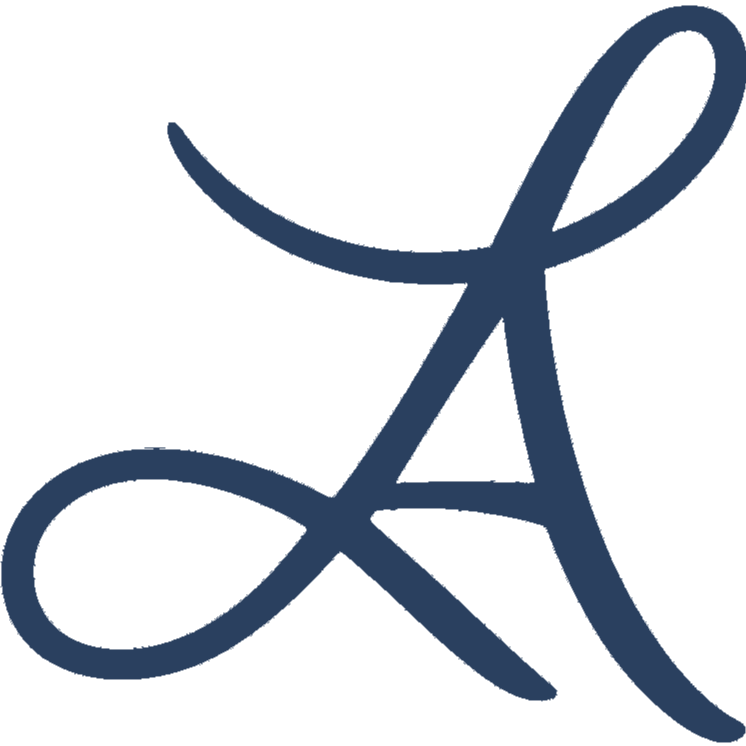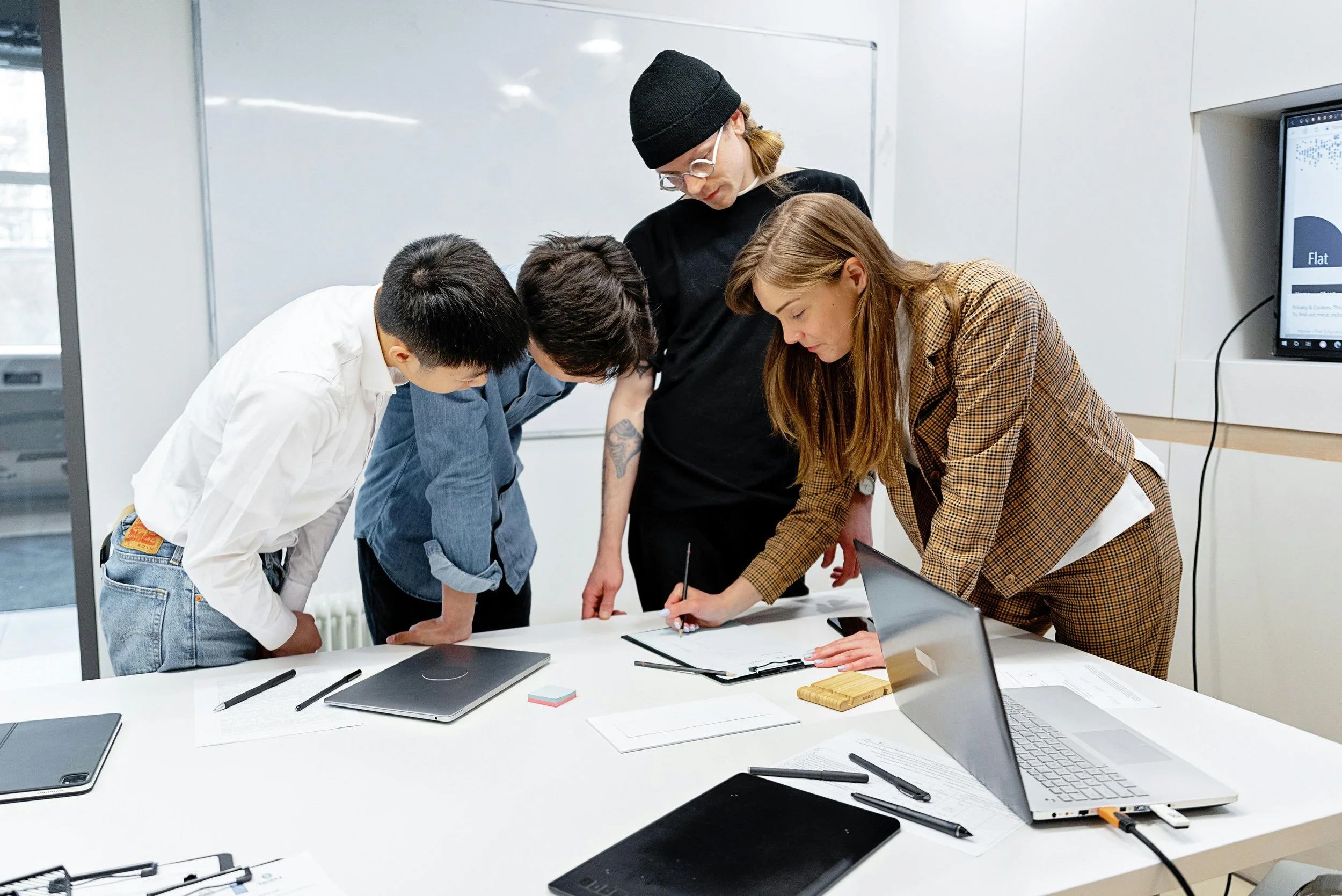
Dr. Luc Albrecht
The most expensive decisions are the ones that never get made.
I help leadership teams decide faster, execute with greater consistency and reduce the need for costly rework.
Consulting | Workshops | Keynotes
Dr. Luc Albrecht
I design your decision-making processes to work under real-world complexity, not just in theory.
My background is in research on thinking and evaluation processes. I studied where decisions become systematically distorted and what it takes to make them more robust and reliable.
Today I translate that knowledge into structures that actually work in practice: decision frameworks, meeting standards and clear decision rights, so that teams decide faster and execute without friction.
Less debate. More clarity. Faster execution.
Fewer Meetings. Faster Decisions. More Consistent Execution.
Structured decision-making processes reduce loops, rework and escalations while increasing the capacity to execute.
Meeting time ↓ · Decision quality ↑ · Risk ↓ · Rework ↓
Typical improvements:
Shorter decision cycles, because decision rights, criteria and documentation are clearly defined
Less time in meetings, because meetings are optimised for traceable outcomes and clear standards
Fewer escalations, because ambiguities and conflicts become visible and resolvable earlier
More robust decisions under pressure, because criteria don't shift with stakeholders or mood
Measured via selected KPIs such as Decision Cycle Time, escalation rate, meeting time per decision and rework.
Structured decision frameworks demonstrably improve consistency and strategic effectiveness. Even brief interventions targeting bias recognition produce measurable improvements in decision quality.
(Dean & Sharfman, 1996; Milkman et al., 2009; Morewedge et al., 2015)
The Process
How to build a decision-making system that holds up in practice
1. Decision Audit
We analyse where decisions stall, where rework creeps in and which structures are missing.
→ Outcome: Prioritised bottlenecks + clear roadmap
2. Standards & Decision Rights
We define meeting standards, decision rights and decision protocols so that decisions become traceable and repeatable.
→ Outcome: A system that sticks
3. Implementation & Embedding
We pilot within one team, gather feedback, refine and scale incrementally.
→ Outcome: Smooth adoption and consistent use in daily practice
Choose Your Context
Where is your bottleneck?
Businesses
Decision-making systems for organisations where poor decisions are costly and decisions take too long.
Outcome: Meeting time ↓ · Rework ↓ · Risk ↓
Teams
Clear standards for meetings, communication and decisions, so that alignment becomes quicker and execution more reliable.
Outcome: Alignment ↓ · Clarity ↑ · Execution ↑
Executives 1:1
Structure complex decisions, evaluate options clearly and establish accountability where it belongs.
Outcome: Clarity ↑ · Pace ↑ · Confidence ↑
Insights
The latest articles from my blog










